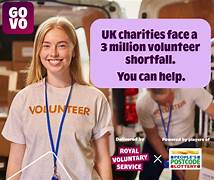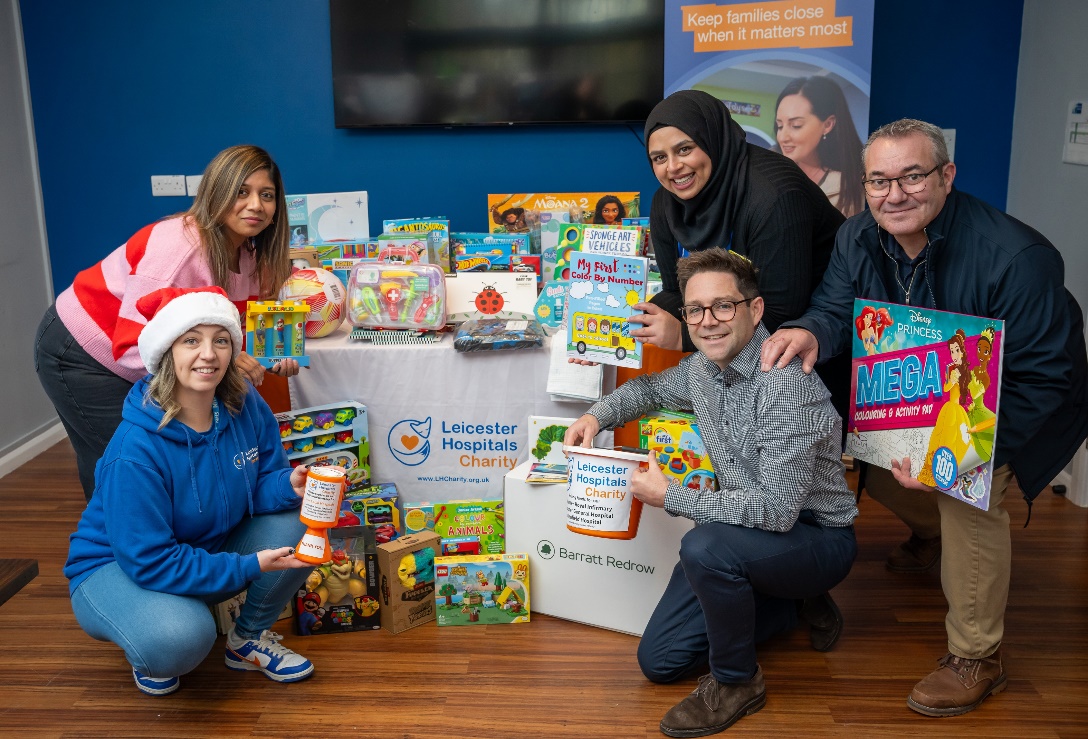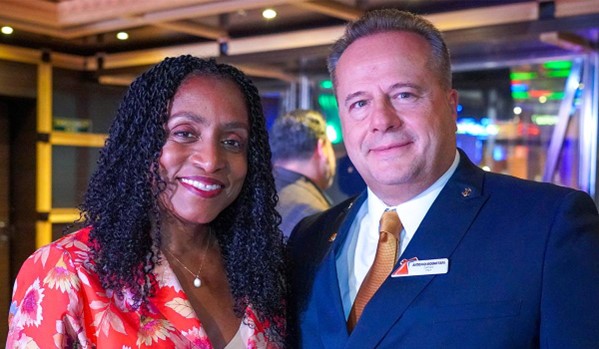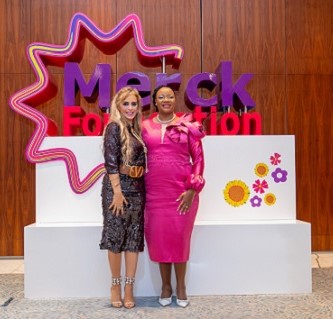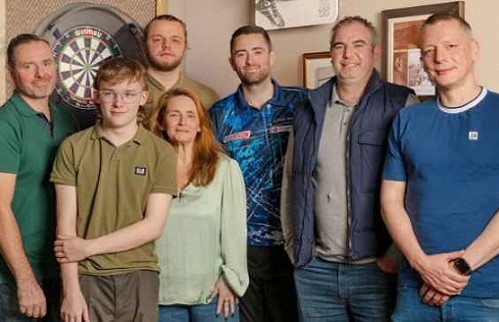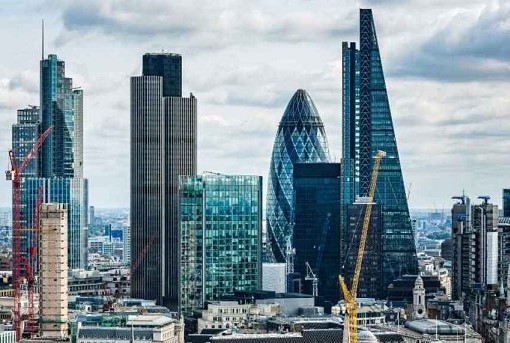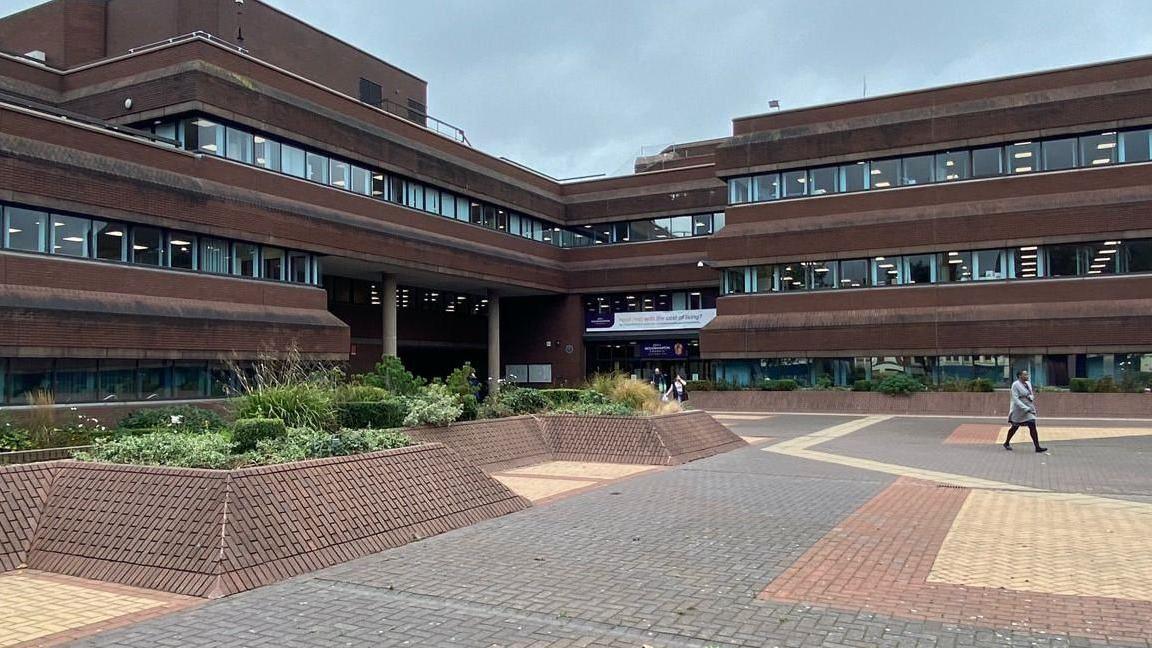The journey to help the Commonwealth reverse the human impact of climate change has begun. That’s according to the Commonwealth Secretary-General, Patricia Scotland. She was speaking at a two-day brainstorming session at the Commonwealth Secretariat headquarters in London. Climate change experts focused on exploring practical and economically viable solutions to combat decades of harm to the environment.
“The Commonwealth Charter gives us a mandate to support and promote sustainable development which respects and protects the environment,” said Secretary-General Scotland. “I have tasked this group of leading biologists, ecologists, oceanographers and authorities on sustainability and regenerative development, to help me deliver this.”
Secretary-General Scotland told participants that it was the Commonwealth’s small and vulnerable states which were being hardest hit. For example, Kiribati and its 33 atolls in the Pacific could be submerged if global temperatures aren’t reduced putting 100,000 people at risk. Parts of Africa are also being affected. Only last year in Kenya, the government estimated that 2.5 million children may have been affected by the El Nino rains. And Namibia is one of the biggest and driest countries in sub-Saharan Africa. It has high climatic variability in the form of persistent droughts, unpredictable and variable rainfall patterns.
The event took place ahead of COP22 in Marrakesh. Delegates will provide a report for the Secretary-General to propose to Commonwealth states. It will include:
- ways we can respect, protect and regenerate the earth
- increase wealth creation
- recommend a timeline action plan to cut carbon dioxide and greenhouse gasses to safe levels
The aim is to offer countries tailored and funded climate action toolkits linked to the Secretariat’s pioneering Climate Finance Access Hub.
“The recurring mantra today was that climate change, while our greatest challenge, is our greatest opportunity,” Secretary-General Scotland said. “I believe reversing this existential threat to small and vulnerable states is possible, but only if the whole of the international community acts as one in developing practical solutions which work.”
The environmentalists will help to layout plans for a ‘regenerative development lab’ next year.



